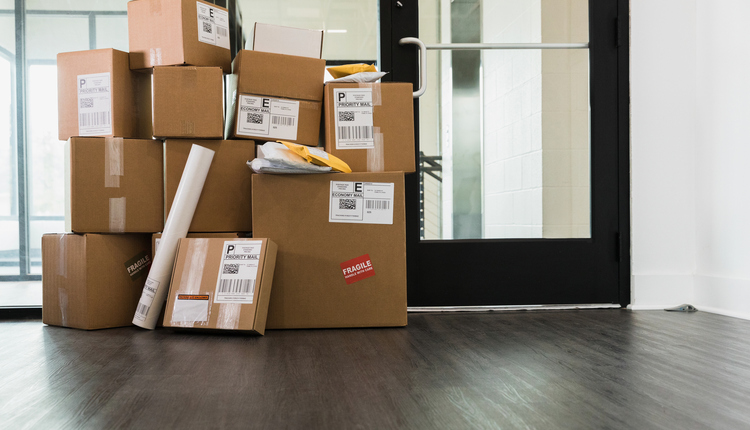As the impact of COVID-19 continues to evolve, the world is beginning to understand the potential impact of the pandemic from a business perspective. While the full financial impact of a global reduction in both supply and demand has not yet been felt, there are a number of proactive steps that can be taken to help mitigate the net impact of coronavirus as it continues to play out. Below is a list of six suggested strategies aimed at reducing the impact of COVID-19 on your transportation network. As there is no “roadmap” for navigating this unprecedented situation, we hope that these suggestions may prove helpful during this time of great uncertainty.
1. Get Rid of Unnecessary Expedited Spend—Most transportation networks have some level of expedited spend (Next Day/Overnight, 2-Day, etc.). During typical operation, these shipments are necessary for both maintaining customer satisfaction (demand) and keeping business running smoothly (supply). Temporarily reducing expedited spend levels will help to lessen the financial impact of both increasing freight costs and reduced demand, especially in areas where less expensive service levels offer comparable transit times. Even the largest shippers are communicating a reduction in service commitment. While not all expedited spend can be eliminated in your network, it is worth assessing what can and cannot be sent via a cheaper service for the time being. ***It is important to reference current carrier contracts before making any service adjustments. Be sure that adjustments in service will not impact any contractual obligations or minimums.
2. Watch Out for New Carrier Surcharges—As carriers are also feeling the impact of this global pandemic, be on the lookout for newly introduced carrier surcharges. These surcharges may or may not be directly related to coronavirus but would likely be aimed at recovering lost revenue. For example, UPS SCS has implemented a Capacity Surcharge ranging from $2.50 to $4.00 per kilogram for shipments originating from affected regions. Additionally, FedEx, UPS, and DHL have all indefinitely suspended the right for shippers to file Guaranteed Service Refunds (refunds for late packages). Although not a “surcharge,” this acts in much the same way.
3. Avoidable Accessorial Charges—Now more than ever, it is important to scrutinize “avoidable accessorial charges” within your network. As freight costs continue to increase, finding any way to reduce overall freight spend will pay large dividends. For this reason, it is important to monitor charges such as: address corrections, Saturday pickup/delivery, additional handling, overmax, storage, detention, UPS shipping charge correction audit fees, etc. A simple shift in shipping behavior is enough to reduce such charges.
4. Focus on Essential Shipments Only—Assess your network for shipments which can be temporarily reduced or eliminated. Examples of these might be marketing materials, store displays, etc. As the full impact of coronavirus is felt, sticking to shipments that directly impact your bottom line is most important.
5. Identify High Priority SKUs—As supply shortages are felt, focusing on your highest volume SKUs can prove beneficial. While certain SKUs may fall below their typical inventory/reorder levels, prioritizing freight for your biggest sellers or most needed product may prove more beneficial in the long run. In the face of limited inbound freight, keeping DCs full of fast-moving product is more important than having the proper inventory level of slower moving items.
6. Keep an Eye on International Outbound Shipments—Carefully monitor your outbound international spend. Given the current climate with many government restrictions and shutdowns, shipments to an international market may be severely impacted in transit times and cost. If the situation continues to escalate, adapting to the market for international outbound shipments first may be a way to reduce the number of high cost shipments in your network and impact only a small portion of overall business. For perspective, as of the publishing of this article, the USPS is reporting service delays in upwards of 80 countries related to COVID-19.
While each company and industry will be impacted differently, all businesses will be impacted by coronavirus in some way. The impact of the situation on business will continue to play out and evolve over the coming weeks, months, and even years. Staying up to date on current news and market trends will prove vital as we move forward. All in all, any changes which can reduce unnecessary freight spend or volume will not only help to reduce the impact on your company but can contribute to the health and healing of the global transportation network as a whole.
Quinn Nelson is Senior Account Analyst, enVista.





![GettyImages-911045162-[Converted]](https://cms-static.wehaacdn.com/parcelindustry-com/images/GettyImages-911045162--Converted-.2298.widea.0.jpg)







